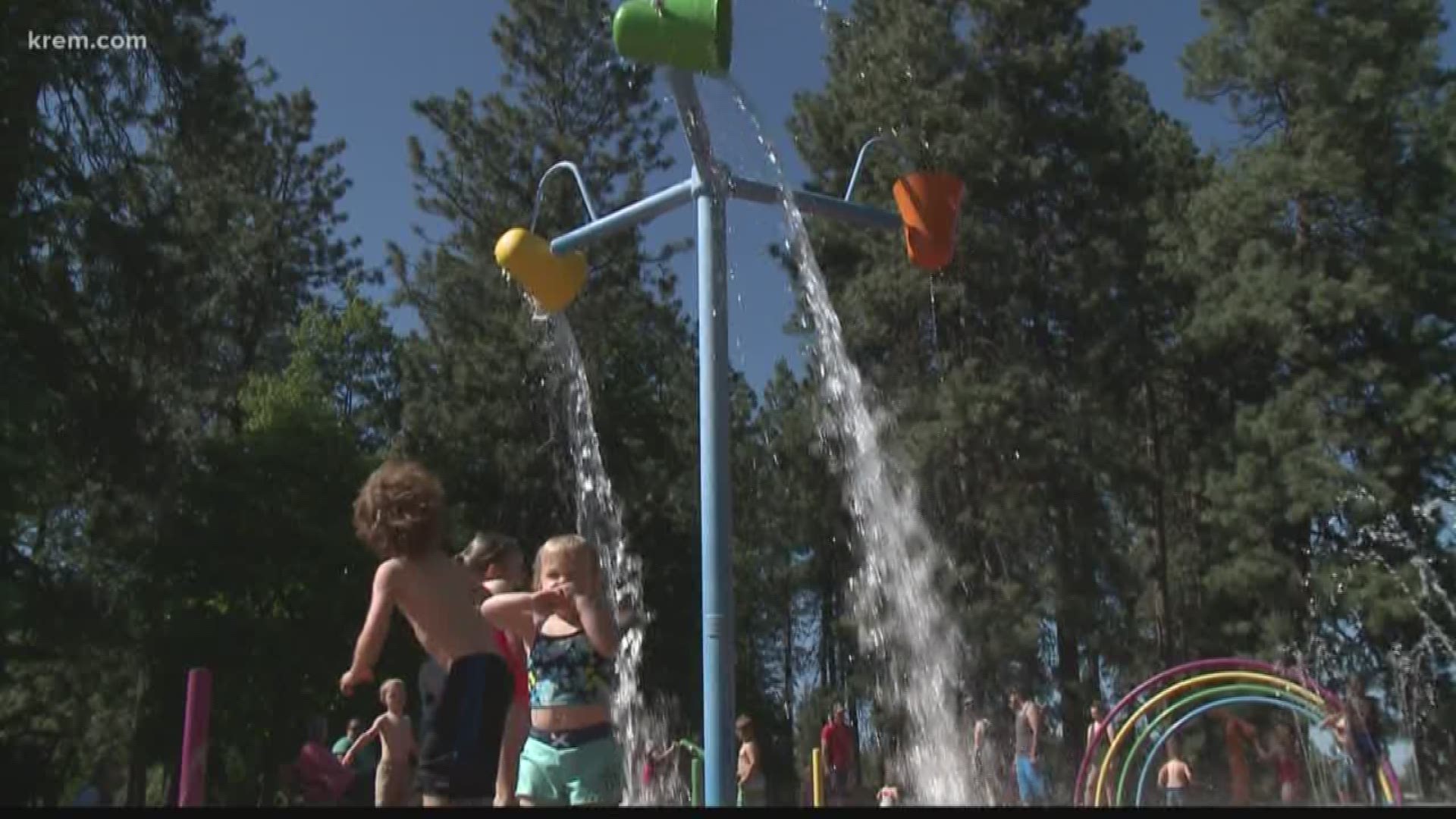SPOKANE, Wash. — Warm temperatures often have people running to local pools and lakes to cool off.
But more people in water increase the chances of spreading bacteria, according to the Centers for Disease Control and Prevention. Bodies of water like pools, hot tubs, and even streams can pass on infections.
The CDC has issued reports on Recreational Water Illnesses (RWI's). They're caused by germs that have made their way into the water, such as cryptosporidium.
Cryptosporidium primarily happens when fecal matter enters water and isn't properly filtered out. Swallowing contaminated water or even inhaling mists can lead to infections that could bring illnesses such as diarrhea.
Large bodies of water are generally safer than pools, since there's so much water to dilute contaminants.
Pools, streams and splash pads have a lot less water to clean out bacteria. Children are more at risk of encountering the bacteria since they more often swallow water, but there are ways to reduce your chance of exposure.
How to keep your family safe
Mark Springer with the Spokane Regional Health District said there are some questions you should be asking before you go splashing in the water.
For one, consider how crowded an area is and how often the system is checked and cleaned.
Public systems with a lot of daily swimmers will need many more system checks than the lakes. If you're heading to a hotel pool or hot tub for example, you'll want to ask how regularly they're checking their pipes, drains and filters, and chemical levels.
At city pools and splash pads, Fianna Dickson with Spokane Parks and Recreation said they check this water multiple times a day.
If you're going to a water park, you'll want to make sure they're also checking it several times a day. If you're going hiking along a stream, don't drink directly from the water.
Springer also said not to swim with open cuts and to encourage your children not to swallow water when swimming. He said this will significantly reduce the chances of infection.

